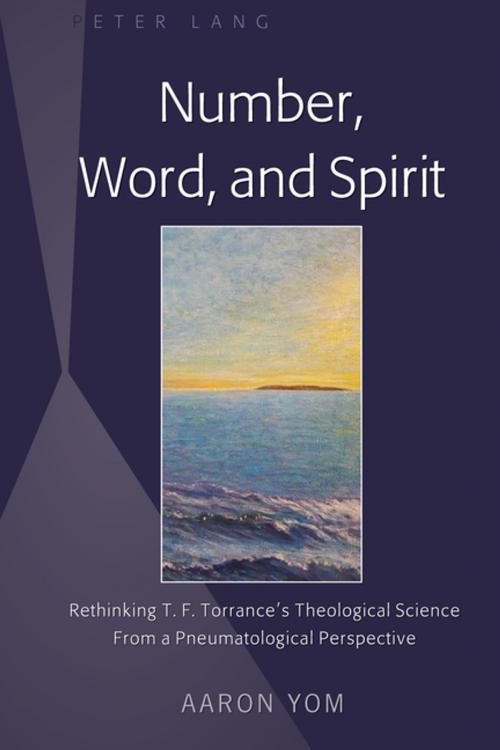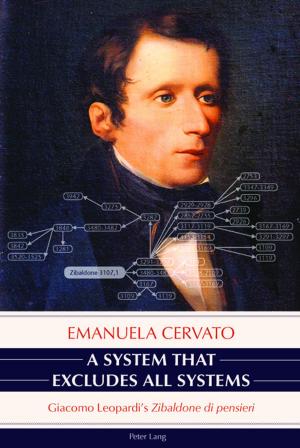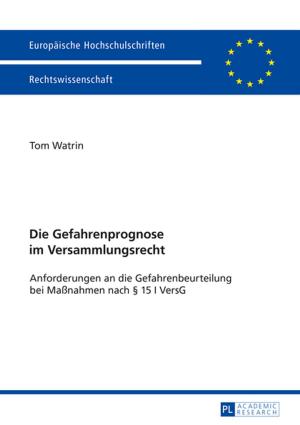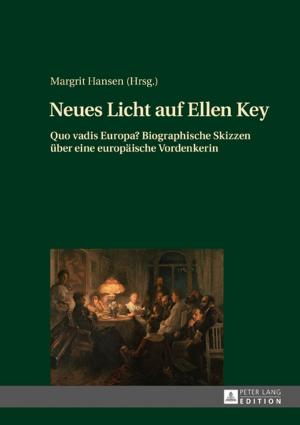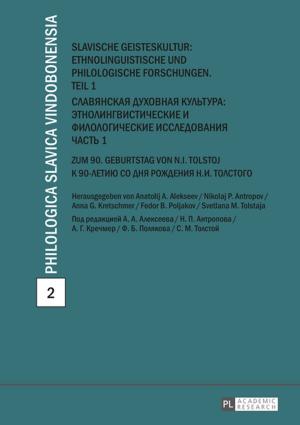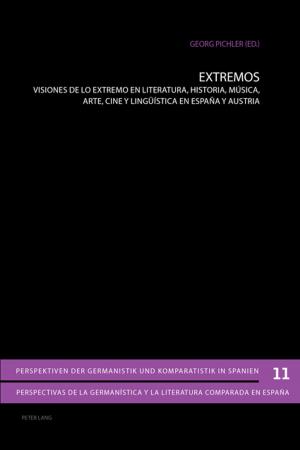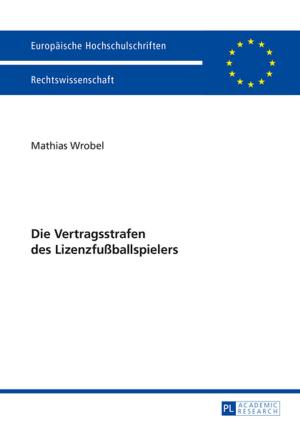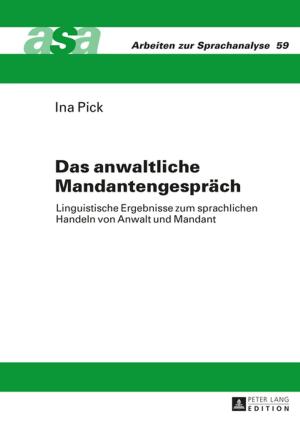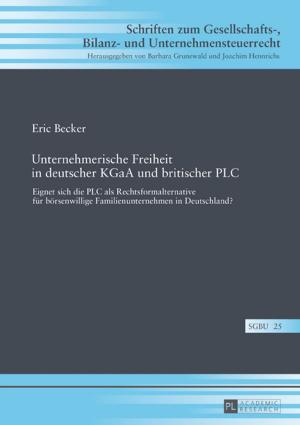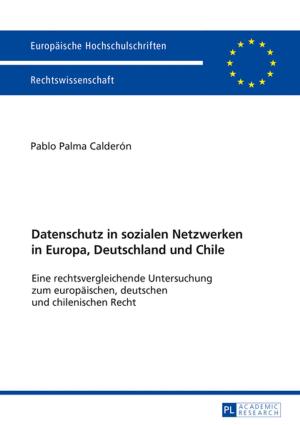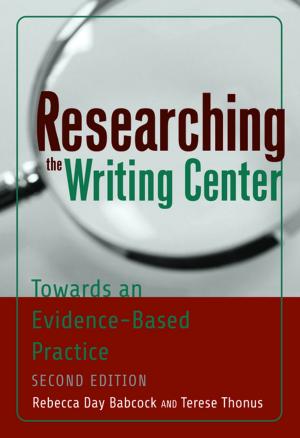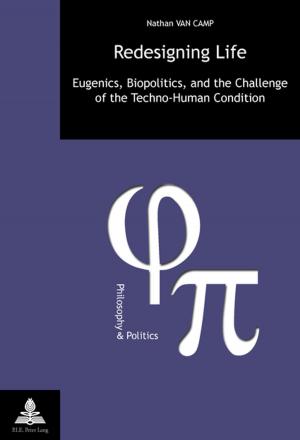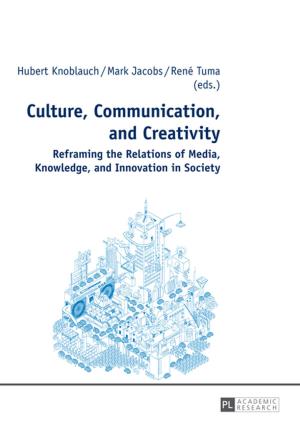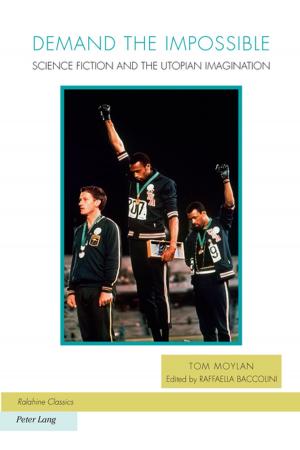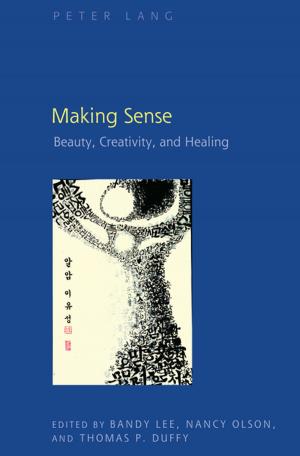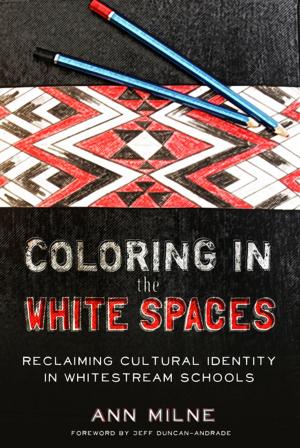Number, Word, and Spirit
Rethinking T. F. Torrances Theological Science From a Pneumatological Perspective
Nonfiction, Religion & Spirituality, Philosophy, Metaphysics| Author: | Aaron Yom | ISBN: | 9781433143694 |
| Publisher: | Peter Lang | Publication: | January 31, 2018 |
| Imprint: | Peter Lang Inc., International Academic Publishers | Language: | English |
| Author: | Aaron Yom |
| ISBN: | 9781433143694 |
| Publisher: | Peter Lang |
| Publication: | January 31, 2018 |
| Imprint: | Peter Lang Inc., International Academic Publishers |
| Language: | English |
This book contributes to the study of Thomas F. Torrance by promoting his realist agenda, and the same time, expanding his program that takes into consideration a well-nuanced pentecostal spirituality. More specifically, it assesses the foundational methodological framework of Torrance’s scientific approach to theology for the purpose of constructing a triadic methodological structure for theological science. In doing so, it not only recognizes Torrance’s efforts to bridge the gap between science (number), word (hermeneutics), and spirit (theo-philosophy), but also critically reviews his theo-scientific project by identifying his restrictive tendencies that limit the full outworking of human spirituality and imagination. Based upon this analysis, this study constructively modifies Torrance’s theological science by complementing his realist agenda with the pentecostally driven pneumatological imagination. In the final analysis, Number, Word, and Spirit argues that theological science grounded on the pneumatological imagination can expand the restrictive tendencies of Torrance’s theo-scientific project, thereby giving rise to a triadic analogical approach that recognizes the interplay of ontologic, informal logic, and translogic for the development of a theo-scientific method. The book can be used as a secondary reading material for the courses in theological method, interdisciplinary studies, and faith and science dialogue.
This book contributes to the study of Thomas F. Torrance by promoting his realist agenda, and the same time, expanding his program that takes into consideration a well-nuanced pentecostal spirituality. More specifically, it assesses the foundational methodological framework of Torrance’s scientific approach to theology for the purpose of constructing a triadic methodological structure for theological science. In doing so, it not only recognizes Torrance’s efforts to bridge the gap between science (number), word (hermeneutics), and spirit (theo-philosophy), but also critically reviews his theo-scientific project by identifying his restrictive tendencies that limit the full outworking of human spirituality and imagination. Based upon this analysis, this study constructively modifies Torrance’s theological science by complementing his realist agenda with the pentecostally driven pneumatological imagination. In the final analysis, Number, Word, and Spirit argues that theological science grounded on the pneumatological imagination can expand the restrictive tendencies of Torrance’s theo-scientific project, thereby giving rise to a triadic analogical approach that recognizes the interplay of ontologic, informal logic, and translogic for the development of a theo-scientific method. The book can be used as a secondary reading material for the courses in theological method, interdisciplinary studies, and faith and science dialogue.
